With their depth of medical knowledge and wide range of healthcare skills, nurses provide a vital service to their patients. Whether they hold a nursing license or advanced nursing degree, these critical members of the medical community assist doctors with various medical procedures — and, in many cases, practice these procedures themselves.
Nurses are in demand, with nearly 200,000 nursing positions projected to open in the next ten years. In 2023, registered nurses earned a median wage of $86,070. After earning a master’s degree in nursing, nurse practitioners, nurse midwives, and nurse anesthetists earned a median annual pay of $129,480.
In 2023, the average cost of tuition and fees for an associate degree in nursing was $3,885, while a bachelor’s degree in nursing cost an average of $29,033 with room and board. A master’s or other postgraduate degree in nursing cost an average of $20,513.
How to Choose a Nursing Degree Program
Choose your area of study
Choosing a nursing certification or degree depends on your career goals and nursing experience. Nurses with advanced degrees and certifications can perform more complex procedures in higher-earning, competitive careers.
These programs include:
- Associate degree in nursing (ADN): A two-year associate degree program provides students with an understanding of universal nursing topics.
- Bachelor of Science in nursing (BSN): A BSN is a four-year degree program that expands on nursing theory and clinical practice.
- Master of Science in nursing (MSN): This two to three-year advanced degree program prepares nurses for leadership roles in a variety of healthcare settings.
- Doctor of Nursing Practice (DNP): A DNP program prepares advanced practice nurses for leadership roles in healthcare systems and takes two to three years to complete.
Some levels of nursing require a certification or licensing program only, such as:
- Certified Nursing Assistant (CNA): This one to four-month program prepares students to assist nurses in medical settings.
- Licensed Practical Nurse (LPN): This one-year program trains students in basic patient care.
- Registered Nurse (RN): A two-year RN program trains nurses to administer medication, perform health assessments and procedures, and provide medical education to patients.
Additionally, many schools offer transitional programs for licensed nurses to advance their education and careers. For example, an LPN can earn a BSN degree in four years; an RN can earn the degree in two. A BSN degree holder can secure an MSN in two years en route to a career as a nurse practitioner.
Nurses can also choose to specialize in particular fields of medicine. They can earn these certifications and credentials to work closely with specific populations, including pediatrics, geriatrics, chronic pain, or mental health services.
Research schools and programs
Begin the application process by researching accredited nursing schools and programs. Agencies like the Higher Learning Commission (HLC) recognize institutions based on their academic rigor and adherence to educational standards, while programmatic agencies like the Accreditation Commission for Education in Nursing (ACEN) and the Commission on Collegiate Nursing Education (CCNE) regularly assess nursing programs to ensure that graduates are ready to join the professional nursing world.
After determining that your chosen schools are accredited, tour your prospective campuses. Research housing options and schedule requirements, and consider whether these schools meet your educational and personal needs.
Prepare for tests and applications
In addition to standardized tests like the SAT and ACT, you’ll need to take a few general education entrance tests before applying to a nursing program. Check your program’s website to see if they require the Test of Essential Academic Skills Exam (TEAS) or the Health Education Systems, Inc. A2 Test (HESI) for nursing applicants. These exams assess students’ knowledge in core subjects, including English and math, and scientific subjects they’ll need for nursing coursework.
Many BSN and MSN programs also require nursing entrance tests, such as the Nursing Entrance Test (NET) and the National League for Nursing Pre-Admission Exam (PAX). Enroll in study classes or obtain study materials before taking these exams.
Most nursing programs also require a high school diploma or equivalent, transcripts of previous courses, letters of recommendation, and a personal statement. MSN programs may require undergraduate prerequisite courses and clinical hours for admission.
Select your program
Research the school of nursing at your prospective university or college. Talk to teachers and graduates from the program, especially nurses who have gone on to gain additional degrees and certifications after graduating. Consider your housing needs, as some schools only offer room and board options to full-time students.
If possible, tour the schools you’re interested in and talk to representatives from the nursing program. They can help you make the right school and program choice and answer additional questions you may have about the application process.
Determine how you’ll pay for your degree
Filling out the Free Application for Federal Student Aid (FAFSA) is the first step in determining how much financial aid you can put toward your nursing degree. Once you know more about your financial situation, contact the financial aid office at your school for information about assistance programs like employer tuition assistance, especially if you’re already working in the medical field. Research nursing scholarships if you have additional costs you’ll need to match during your education.
Best 50 Accredited Nursing Degree Programs
Institution Type
Status
- Intelligent Score
- Alphabetically By University Name
- Acceptance Rate
- Enrollment
- In-state Graduate Tuition
- Out-of-state Graduate Tuition
- In-state Undergraduate Tuition
- Out-of-state Undergraduate Tuition

The Ohio State University College of Nursing
Intelligent Score: 99.81Undergraduate Tuition
In-state: $10,615
Out-of-state: $32,599
Graduate Tuition
In-state: $11,560
Out-of-state: $11,560
Test scores
SAT: 1210-1430
ACT: 26-32
ESTIMATED COST PER CREDIT
Resident: $369 - $492
Non-Resident: $797 - $1,062
DELIVERY FORMAT
On-Campus
ACCREDITATION
Commission on Collegiate Nursing Education
REQUIRED CREDITS TO GRADUATE
121
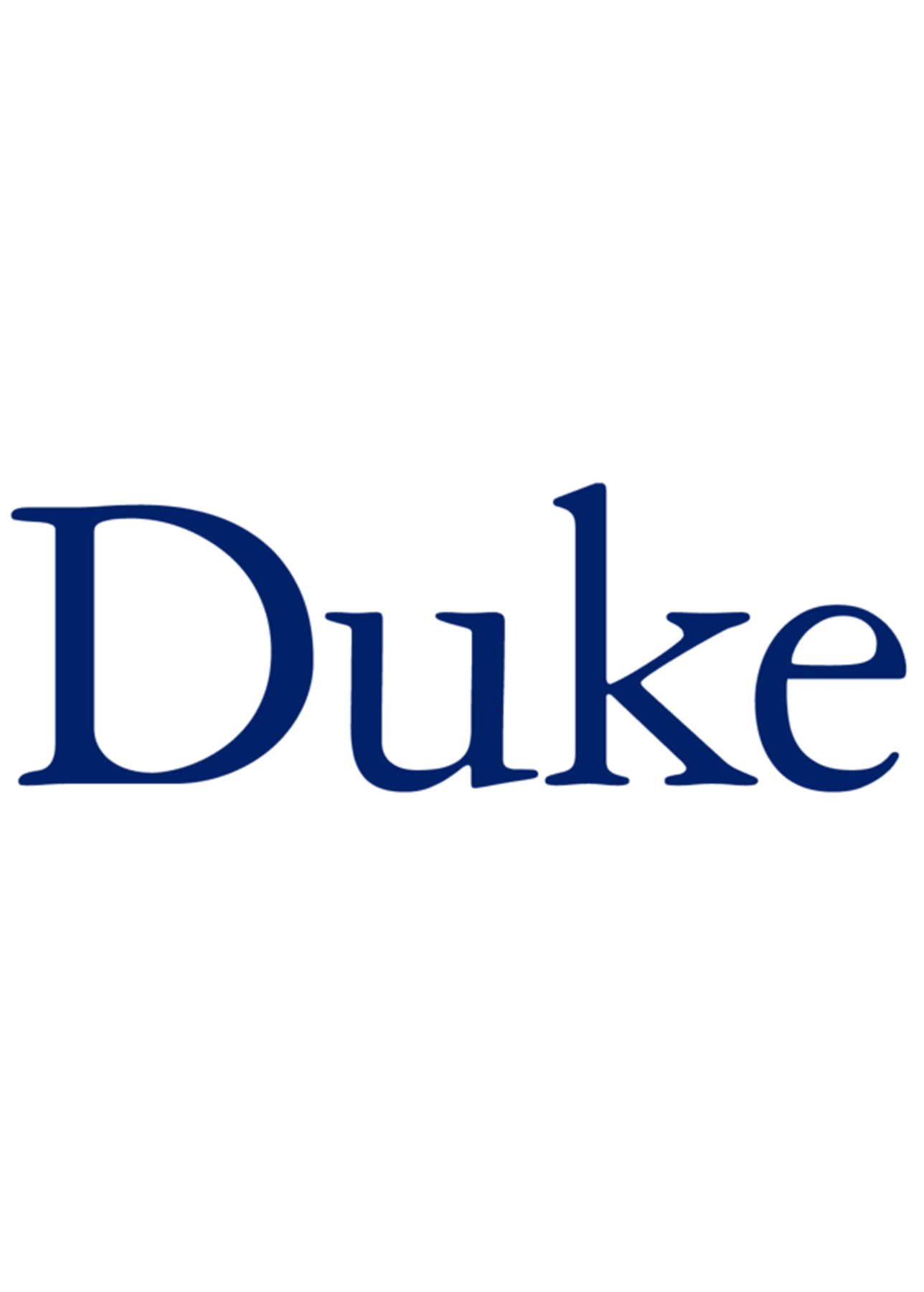
Duke University School of Nursing
Intelligent Score: 99.64Undergraduate Tuition
In-state: $55,880
Out-of-state: $55,880
Graduate Tuition
In-state: $57,900
Out-of-state: $57,900
Test scores
SAT: 1470-1570
ACT: 34-35
ESTIMATED COST PER CREDIT
$864
DELIVERY FORMAT
On-Campus
ACCREDITATION
Commission on Collegiate Nursing Education
REQUIRED CREDITS TO GRADUATE
122

University of Pennsylvania School of Nursing
Intelligent Score: 99.61Undergraduate Tuition
In-state: $53,166
Out-of-state: $53,166
Graduate Tuition
In-state: $37,678
Out-of-state: $37,678
Test scores
SAT: 1460-1570
ACT: 33-35
ESTIMATED COST PER CREDIT
$1,954
DELIVERY FORMAT
On-Campus
ACCREDITATION
Commission on Collegiate Nursing Education
REQUIRED CREDITS TO GRADUATE
120

University of Washington School of Nursing
Intelligent Score: 98.36Undergraduate Tuition
In-state: $10,629
Out-of-state: $37,998
Graduate Tuition
In-state: $16,278
Out-of-state: $16,278
Test scores
SAT: 1200-1453
ACT: 27-33
ESTIMATED COST PER CREDIT
$374
DELIVERY FORMAT
On-Campus
ACCREDITATION
Commission on Collegiate Nursing Education
REQUIRED CREDITS TO GRADUATE
120

University of North Carolina at Chapel Hill
Intelligent Score: 97.78Undergraduate Tuition
In-state: $7,019
Out-of-state: $34,198
Graduate Tuition
In-state: $10,552
Out-of-state: $10,552
Test scores
SAT: 1280-1490
ACT: 28-33
ESTIMATED COST PER CREDIT
In-State: $299 - $382
Out-of-State: $998 - $1,363
DELIVERY FORMAT
On-Campus
ACCREDITATION
Commission on Collegiate Nursing Education
REQUIRED CREDITS TO GRADUATE
120

Emory University
Intelligent Score: 96.74Undergraduate Tuition
In-state: $53,070
Out-of-state: $53,070
Graduate Tuition
In-state: $43,800
Out-of-state: $43,800
Test scores
SAT: 1380-1530
ACT: 31-34
ESTIMATED COST PER CREDIT
$2,497
DELIVERY FORMAT
On-Campus
ACCREDITATION
Commission on Collegiate Nursing Education
REQUIRED CREDITS TO GRADUATE
120

University of Iowa
Intelligent Score: 96.52Undergraduate Tuition
In-state: $8,073
Out-of-state: $30,036
Graduate Tuition
In-state: $10,079
Out-of-state: $10,079
Test scores
SAT: 1110-1310
ACT: 22-29
ESTIMATED COST PER CREDIT
$518
DELIVERY FORMAT
On-Campus
ACCREDITATION
Commission on Collegiate Nursing Education
REQUIRED CREDITS TO GRADUATE
128

University of Michigan
Intelligent Score: 96.46Undergraduate Tuition
In-state: $16,520
Out-of-state: $53,669
Graduate Tuition
In-state: $24,344
Out-of-state: $24,344
Test scores
SAT: 1340-1520
ACT: 31-34
ESTIMATED COST PER CREDIT
Resident: $869 - $959
Non-Resident: $2,571 - $2,741
DELIVERY FORMAT
On-Campus
ACCREDITATION
Commission on Collegiate Nursing Education
REQUIRED CREDITS TO GRADUATE
128

University of Alabama at Birmingham
Intelligent Score: 96.01Undergraduate Tuition
In-state: $10,780
Out-of-state: $30,250
Graduate Tuition
In-state: $10,780
Out-of-state: $10,780
Test scores
SAT: 1070-1330
ACT: 23-31
ESTIMATED COST PER CREDIT
Resident: $434
Non-Resident: $1,076
DELIVERY FORMAT
On-Campus
ACCREDITATION
Commission on Collegiate Nursing Education
REQUIRED CREDITS TO GRADUATE
125-126

UCLA School of Nursing
Intelligent Score: 95.16Undergraduate Tuition
In-state: $11,442
Out-of-state: $41,196
Graduate Tuition
In-state: $11,442
Out-of-state: $11,442
Test scores
SAT: 1310-1530
ACT: 30-35
ESTIMATED COST PER CREDIT
Resident: $505
Non-Resident: $1,645
DELIVERY FORMAT
On-Campus
ACCREDITATION
Commission on Collegiate Nursing Education
REQUIRED CREDITS TO GRADUATE
120

Boston College
Intelligent Score: 94.70Undergraduate Tuition
In-state: $59,050
Out-of-state: $59,050
Graduate Tuition
In-state: $31,824
Out-of-state: $31,824
Test scores
SAT: 1330-1500
ACT: 31-34
ESTIMATED COST PER CREDIT
$2,214
DELIVERY FORMAT
On-Campus
ACCREDITATION
Commission on Collegiate Nursing Education
REQUIRED CREDITS TO GRADUATE
117
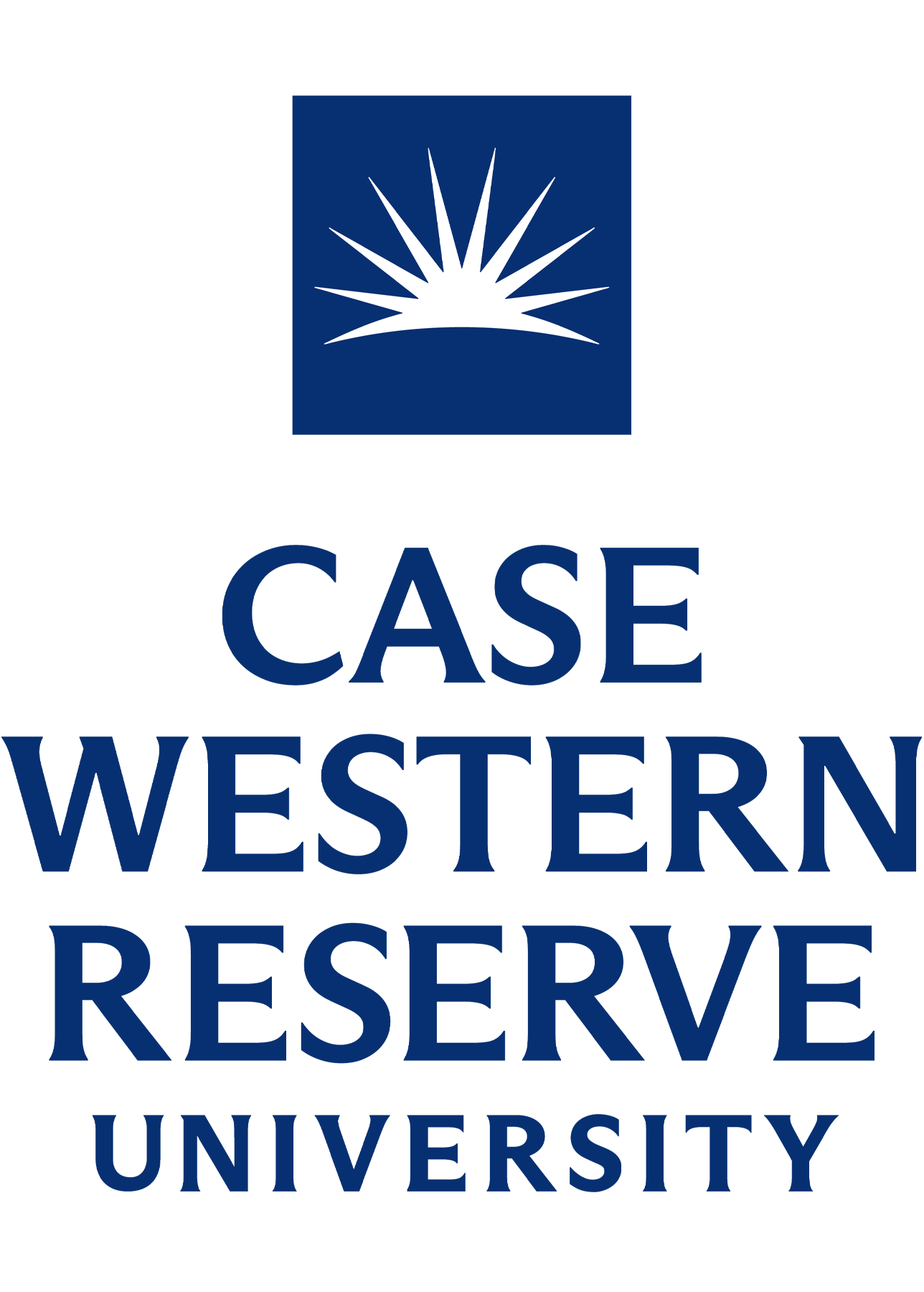
Case Western Reserve University
Intelligent Score: 92.74Undergraduate Tuition
In-state: $52,448
Out-of-state: $52,448
Graduate Tuition
In-state: $47,920
Out-of-state: $47,920
Test scores
SAT: 1340-1520
ACT: 31-34
ESTIMATED COST PER CREDIT
$2,752
DELIVERY FORMAT
On-Campus
ACCREDITATION
Commission on Collegiate Nursing Education
REQUIRED CREDITS TO GRADUATE
120
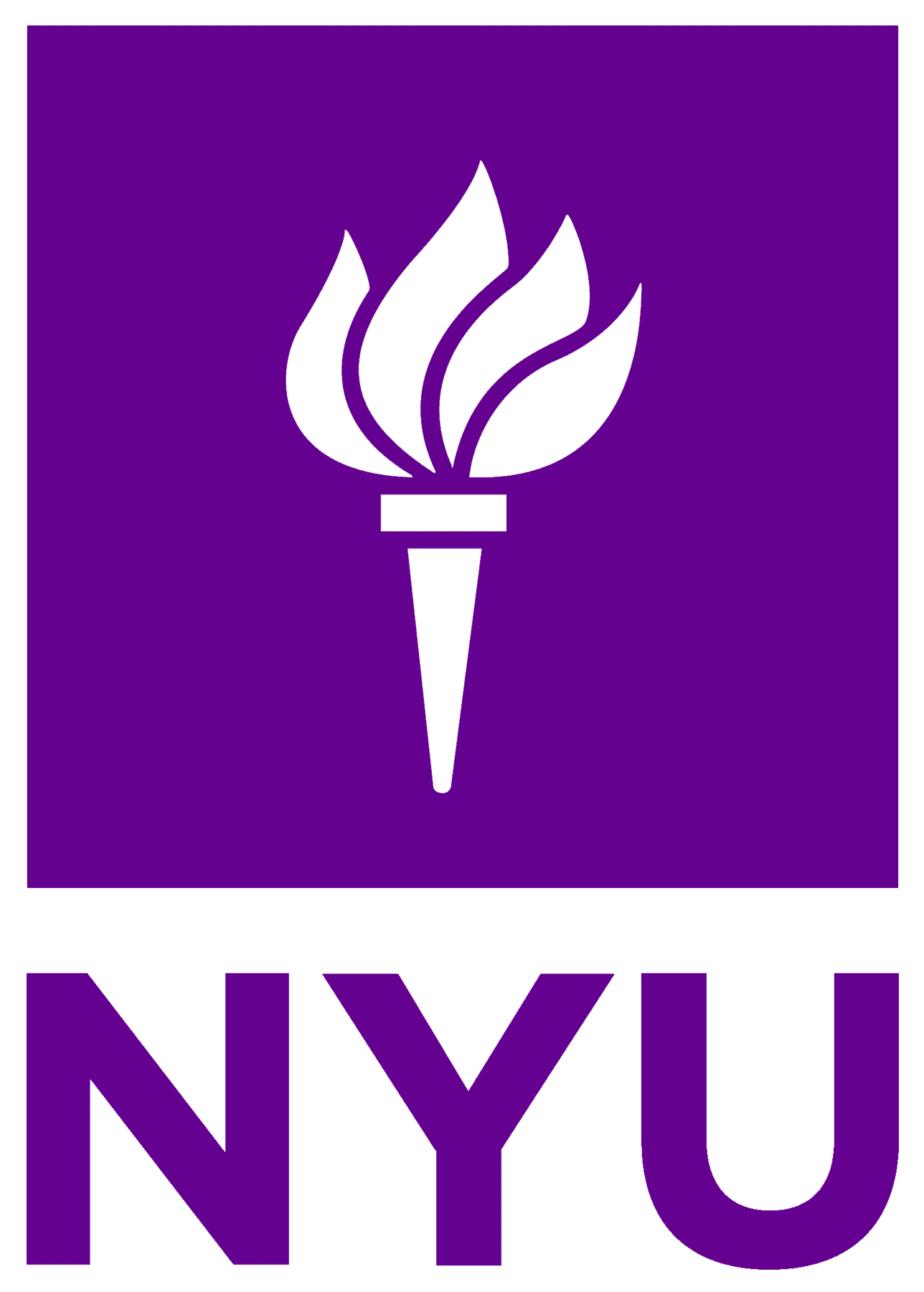
NYU College of Nursing
Intelligent Score: 92.72Undergraduate Tuition
In-state: $52,204
Out-of-state: $52,204
Graduate Tuition
In-state: $34,704
Out-of-state: $34,704
Test scores
SAT: 1370-1540
ACT: 31-34
ESTIMATED COST PER CREDIT
$1,844
DELIVERY FORMAT
On-Campus
ACCREDITATION
Commission on Collegiate Nursing Education
REQUIRED CREDITS TO GRADUATE
128
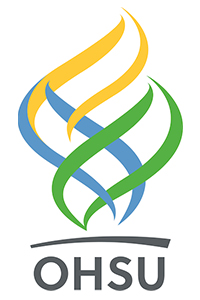
Oregon Health and Science University
Intelligent Score: 91.80Undergraduate Tuition
In-state: $54,594
Out-of-state: $80,296
Graduate Tuition
In-state: $55,344
Out-of-state: $55,344
Test scores
SAT: Not Applicable
ACT: Not Applicable
ESTIMATED COST PER CREDIT
Resident: $426
Non-Resident: $781
DELIVERY FORMAT
On-Campus
ACCREDITATION
Commission on Collegiate Nursing Education
REQUIRED CREDITS TO GRADUATE
120

University of Maryland School of Nursing
Intelligent Score: 90.5Undergraduate Tuition
In-state: $8,824
Out-of-state: $34,936
Graduate Tuition
In-state: $13,158
Out-of-state: $13,158
Test scores
SAT: 1270-1480
ACT: 30-34
ESTIMATED COST PER CREDIT
Resident: $425
Non-Resident: $1,444
DELIVERY FORMAT
On-Campus
ACCREDITATION
Commission on Collegiate Nursing Education
REQUIRED CREDITS TO GRADUATE
120

University of Pittsburgh
Intelligent Score: 89.98Undergraduate Tuition
In-state: $18,628
Out-of-state: $32,656
Graduate Tuition
In-state: $23,530
Out-of-state: $23,530
Test scores
SAT: 1243-1420
ACT: 28-32
ESTIMATED COST PER CREDIT
Resident: $1,057
Non-Resident: $2,040
DELIVERY FORMAT
On-Campus
ACCREDITATION
Commission on Collegiate Nursing Education
REQUIRED CREDITS TO GRADUATE
124-126

UIC Nursing
Intelligent Score: 89.52Undergraduate Tuition
In-state: $35,872
Out-of-state: $50,480
Graduate Tuition
In-state: $39,068
Out-of-state: $39,068
Test scores
SAT: 1080-1310
ACT: 23-31
ESTIMATED COST PER CREDIT
In-State: $372
Out-of-State: $890
DELIVERY FORMAT
Hybrid
ACCREDITATION
Commission on Collegiate Nursing Education
REQUIRED CREDITS TO GRADUATE
120
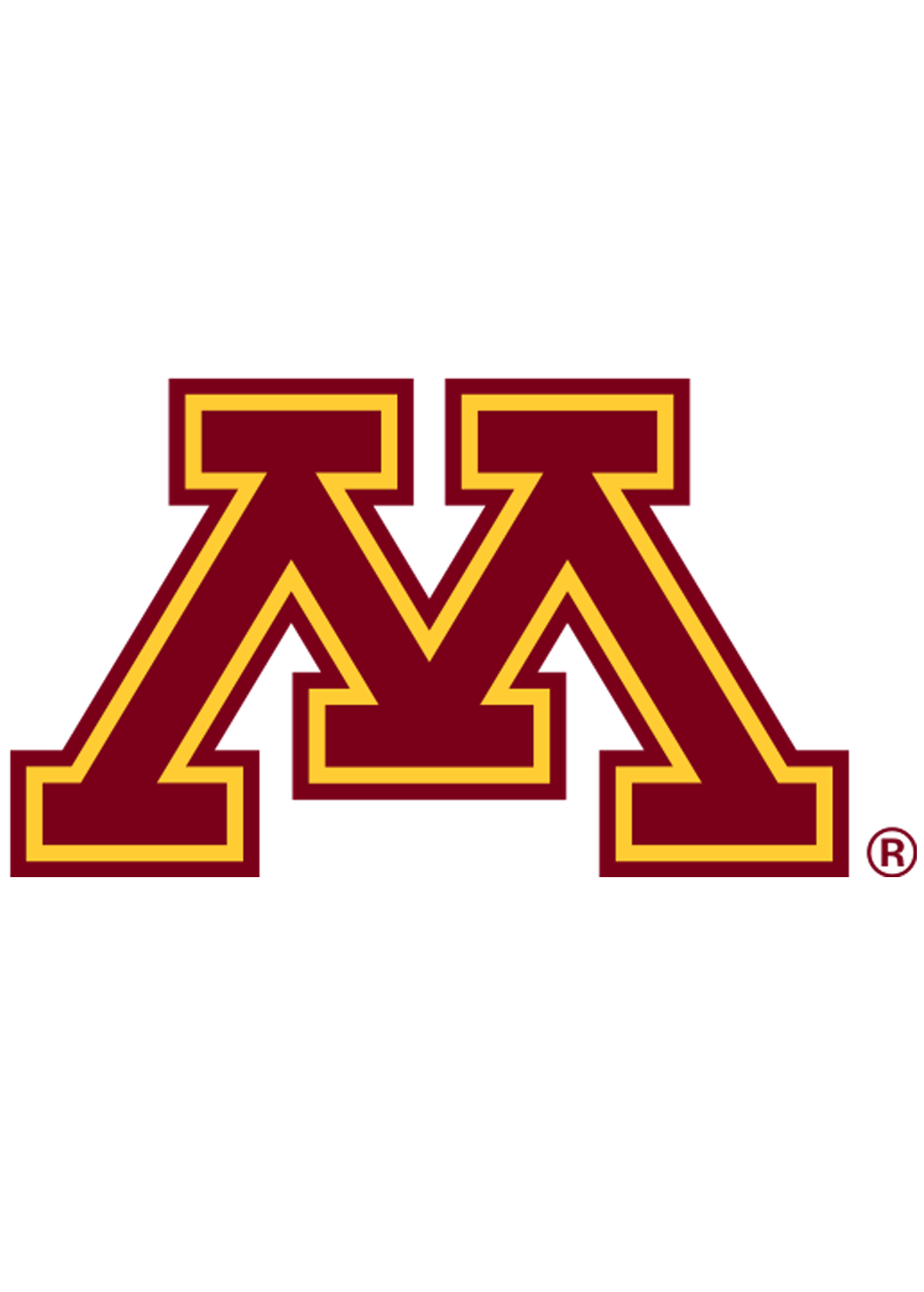
University of Minnesota
Intelligent Score: 89.11Undergraduate Tuition
In-state: $13,318
Out-of-state: $31,616
Graduate Tuition
In-state: $17,580
Out-of-state: $17,580
Test scores
SAT: 1240-1460
ACT: 25-31
ESTIMATED COST PER CREDIT
Resident: $557
Non-Resident: $1,323
DELIVERY FORMAT
On-Campus
ACCREDITATION
Commission on Collegiate Nursing Education
REQUIRED CREDITS TO GRADUATE
120
How we rank schools
This list features some of the best nursing programs at top colleges across the country. Each school featured is a nonprofit, accredited institution — either public or private — with a high standard of academic quality for postsecondary education. The programs on our list are accredited by agencies like the Accreditation Commission for Education in Nursing (ACEN) and the Commission on Collegiate Nursing Education (CCNE), both reputable organizations that assess nursing programs for educational excellence and a commitment to quality education.
We evaluated each school’s program on admission, retention, and graduation rates as well as tuition costs, faculty, reputation, and the resources provided for on-campus students. Then, we calculated the Intelligent Score on a scale of 0 to 100. Read more about our ranking methodology.
Next, we compared this comprehensive list of nursing programs to a list of aggregated college rankings from reputable publications like U.S. News & World Report, among others, to simplify a student’s college search. We pored through these rankings so students don’t have to.
What Can You Expect From a Nursing Degree Program?
Nursing degrees combine lectures, group discussions, cohort projects, and clinicals to give students a well-rounded education. Depending on your current license and career goals, you may need to complete between 500 and 1,500 clinical hours alongside your classwork. You’ll also take licensure exams throughout your nursing program to ensure you meet the professional standards required in the nursing industry.
Potential courses you’ll take in a nursing degree program
- Human Anatomy and Physiology. Students learn about the body’s systems and processes and how they affect one another. They apply the fundamentals of biology and chemistry to the human body in academic and laboratory settings.
- Foundations of Nursing. This foundational course takes students through the history of nursing, as well as healthcare law, health policy, and medical ethics in the workplace. They discuss a nurse’s role in a clinical setting, particularly how it relates to patient care and other medical personnel.
- Nursing for Specific Patients. Students take several classes on nursing for different populations, including the mental health field, mothers and babies, elderly care, and pediatrics. Nurses may go on to specialize in one of these fields, though a fundamental understanding of each is necessary in a nursing program.
- Clinical Practice. Students work through rotations in different healthcare fields to gain experience from nurses in the workplace. Duties during clinical shifts can include preparing hospital rooms, dressing wounds, cleaning patient rooms, and taking patient histories, all under the supervision of licensed RNs or nurse practitioners.
Nursing Degree Frequently Asked Questions
How do I apply to a nursing degree program?
A nursing degree program website contains all necessary application information, including deadlines, application materials, minimum test scores and GPAs, prerequisites, links to study materials, and frequently asked questions.
Contact your school’s admissions office for more information about applying to a nursing program. They can answer any questions and provide tips for applying on time — or, in some cases, for early admission.
How much does a nursing degree cost?
How long does it take to earn a nursing degree?
The time to complete your nursing program depends on the license or degree and the program itself. Full-time students can expect the following timeframes:
- CNA: One to four months
- LPN: One year
- RN: Two years
- BSN: Four years
- MSN: Two to three years
- LPN to BSN: Four years
- RN to BSN: Two years
- BSN to MSN: Two years
Part-time students may take longer to complete their program, especially if they need to schedule clinical rotations around their current jobs or nursing careers. Accelerated programs require less time to complete, but they can include a more demanding schedule and coursework load.
